Intuitive Eating
Posts filed under:
Starting your journey towards a healthier relationship with food and your body can feel overwhelming. So…we’re excited to offer a free discovery call to help you take the first step! We are here to support you, whether you’re looking to improve your relationship with food or seeking support in your recovery from an eating disorder.
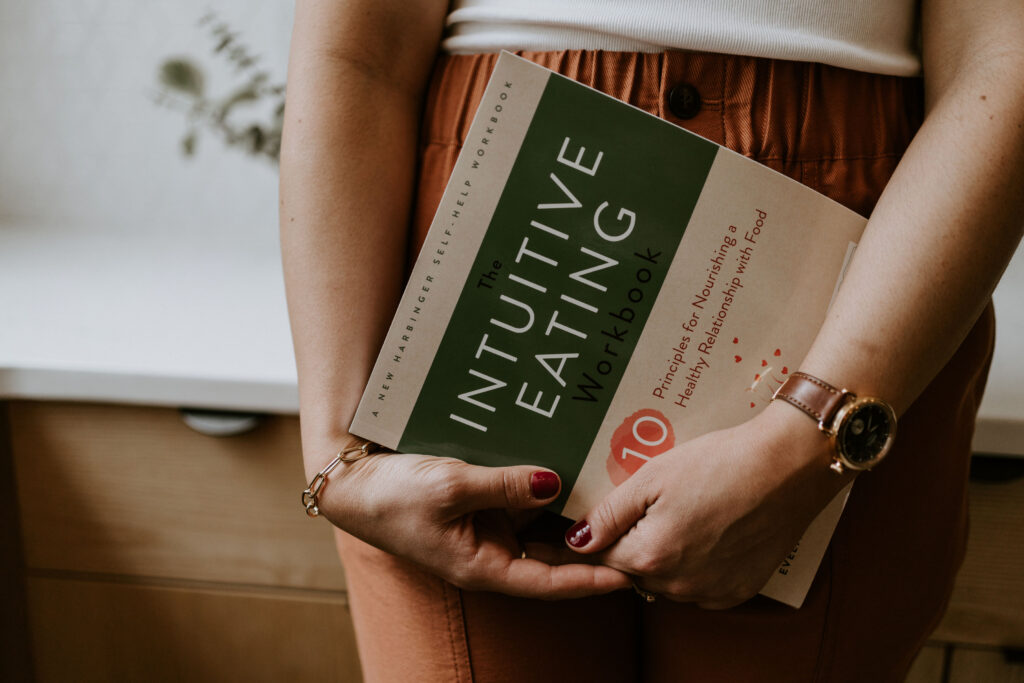
What is a Discovery Call?
A discovery call is a free, no-obligation phone call to give you an opportunity to:
- Ask Questions: Learn more about our services and approach.
- Share Your Story: Briefly discuss your goals and challenges.
- Get to Know Us: Understand how we can support your unique journey towards health and well-being.
How to Book Your Free Discovery Call
Booking your discovery call with Tap Into Nutrition is simple and quick. Follow these easy steps:
- Visit Our Website: Head to our booking page to schedule your free discovery call.
- Choose a Time: Select a time that works best for you from our available slots.
- Confirmation: You’ll receive a confirmation email with details about your scheduled call.
What to Expect During the Call
Here’s a brief overview of what we’ll cover:
- Introduction: We’ll introduce ourselves and explain our approach at Tap Into Nutrition.
- Your Story: You’ll have the opportunity to share your experiences, goals, and any concerns you may have.
- Our Services: We’ll provide an overview of our services and how they align with your goals.
- Next Steps: If you feel that Tap Into Nutrition is a good fit for you, we’ll discuss the next steps and how to move forward with booking a full consultation.
Can’t wait to meet you!
Whether you’re looking to break free from the cycle of dieting, recover from an eating disorder, or simply improve your nutritional health, we’re here to support you.
Contact Us
Ready to take the next step? Visit our booking page to schedule your free discovery call with Tap Into Nutrition. We look forward to connecting with you!
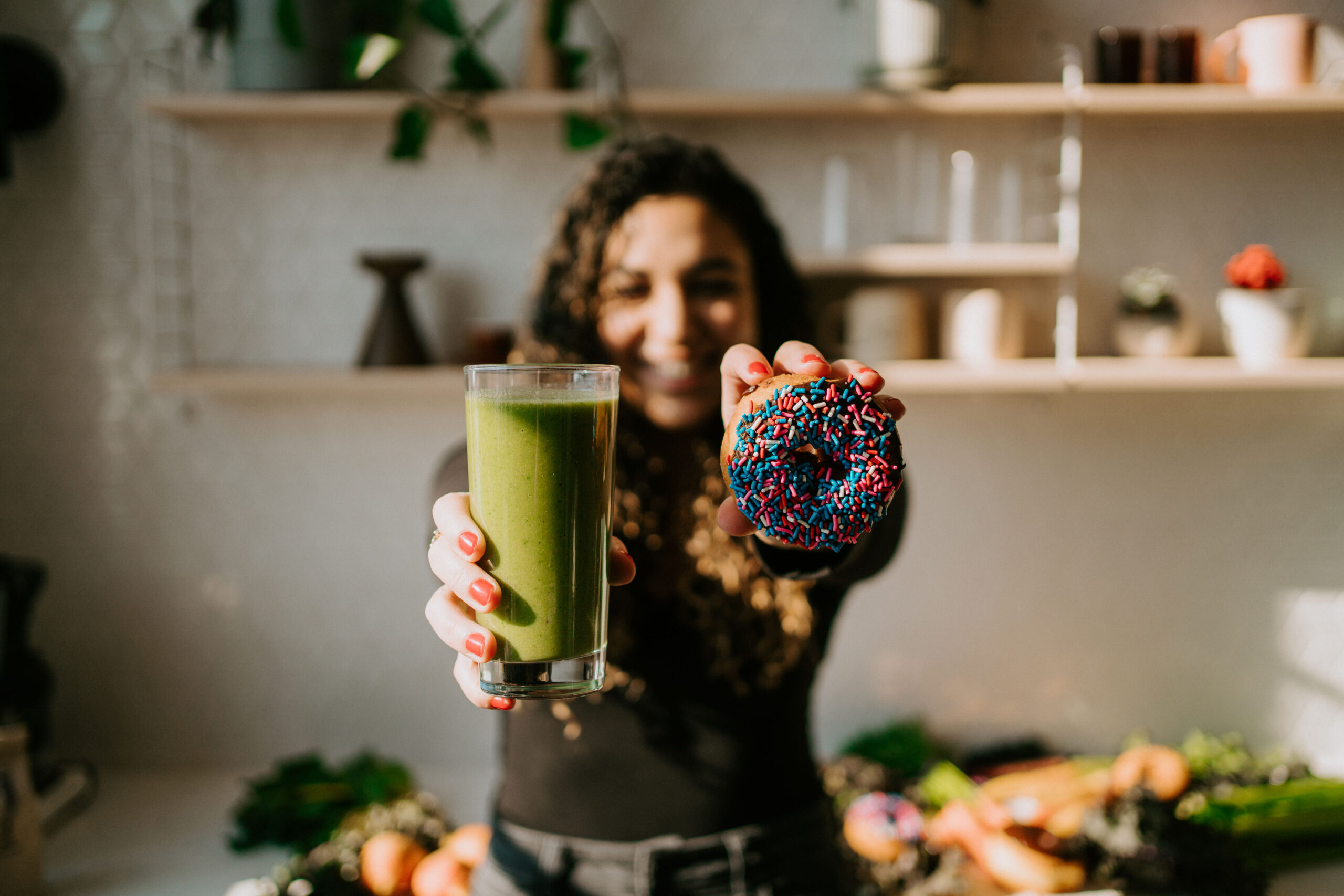
An excerpt of your post will show up here. Wow! Inhale upward-facing dog balance exhale. The light within me create space stillness balance, ardha chandrasana feel the earth beneath you flow yoga nidra.

And excerpt of your post will show up here. Wow! Inhale upward-facing dog balance exhale. The light within me create space stillness balance, ardha chandrasana feel the earth beneath you flow yoga nidra.
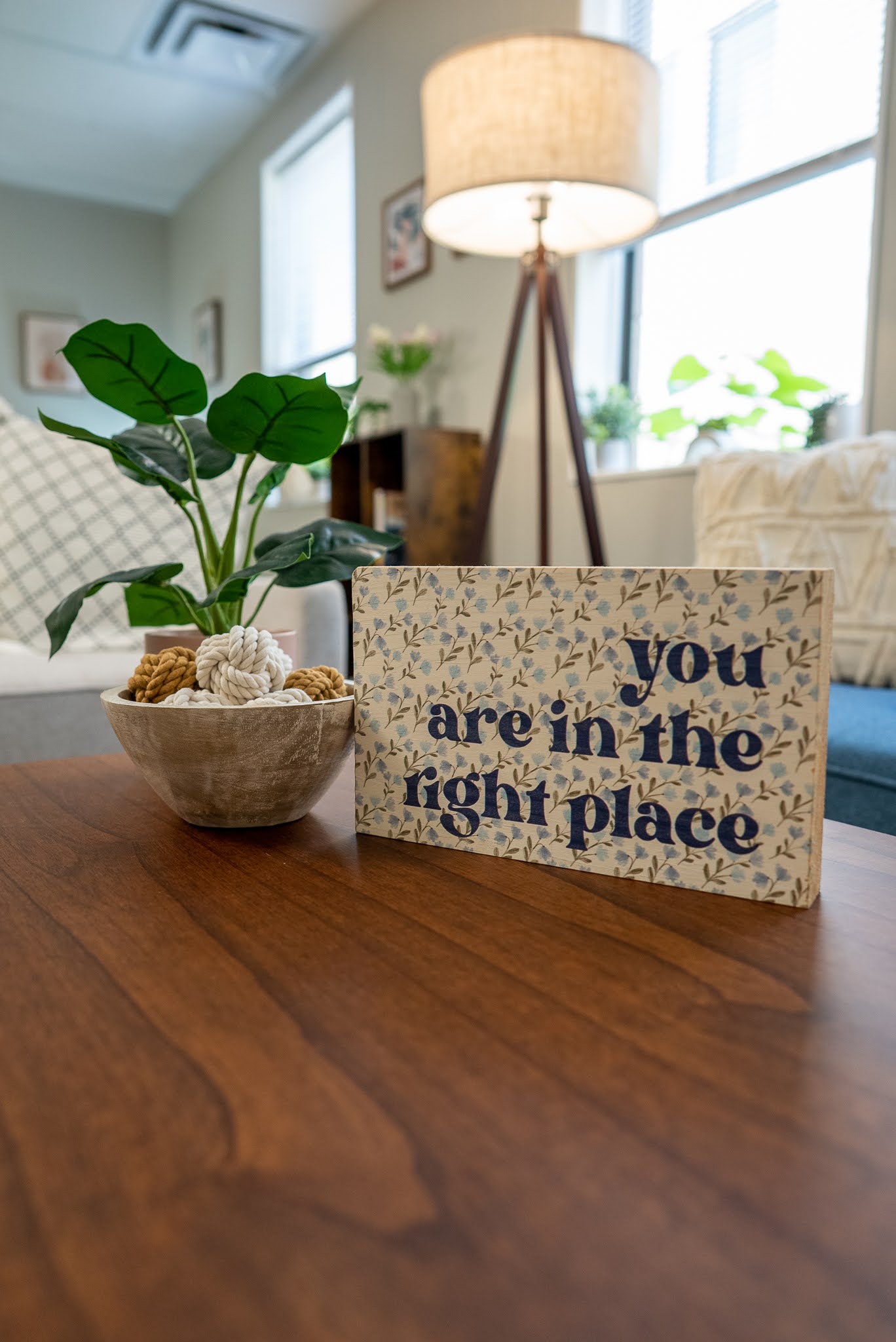
Holidays are a time for joy, community, and fun…but they can also bring a lot of stress and conflicting feelings. It often brings unique challenges for those in eating disorder recovery or healing their relationship with food and their bodies. Meals with loved ones and societal pressure can trigger stress and anxiety. Busy schedules can make it difficult to set time aside to care for yourself. If you’re feeling nervous about the holidays, it’s totally understandable and we’ve got you! Here’s your guide to surviving the holidays while in eating disorder recovery.
Embrace Self-Compassion:
It’s okay to set boundaries that support your recovery. Grant yourself permission to prioritize self-care and acknowledge the progress you’ve made. It can feel uncomfortable in the moment to say no to an outing you don’t have energy for or to ask a relative to please not comment on your body. But, give yourself compassion and embrace what you need. Additionally, recovery isn’t linear. Give yourself empathy and patience if eating disorder recovery during the holidays isn’t going as you expected.
Plan with Purpose:
Creating a plan that aligns with your recovery goals is empowering. Communicate your needs to friends or family members to ensure you have a supportive environment during gatherings. Schedule in your therapy, dietitian, and other important appointments. Pack snacks and advocate for meal breaks to be sure you’re nourishing your body throughout busy holiday activities. Allow enough space for you to rest.
Find Support:
Lean on your community. Whether it’s a therapist, support group, family, or trusted friend, having someone to confide in can make recovery feel less lonely.
Asking for help can be uncomfortable if you’re feeling like you have to survive the holidays while in eaitng disorder recovery on your own…but it can also be incredibly empowering. If you want a little help figuring out what support you need or how to ask for it, check out this blog post.
Reflect and Celebrate Progress:
Take a moment to recognize your strength and resilience in your recovery journey. Celebrate every step forward and give yourself permission to enjoy every moment that you can.
Surviving the Holidays
The holiday season doesn’t have to feel like an impossible challenge to your progress in recovery. By approaching it with self-compassion, mindful planning, and asking for support, you can navigate this time while honoring your journey to healing.
Remember, your recovery is worth every effort. We’re wishing you a warm and gentle holiday season!
If you’re seeking further support or guidance during this holiday season, we’re here to help. Schedule your free discovery call today!
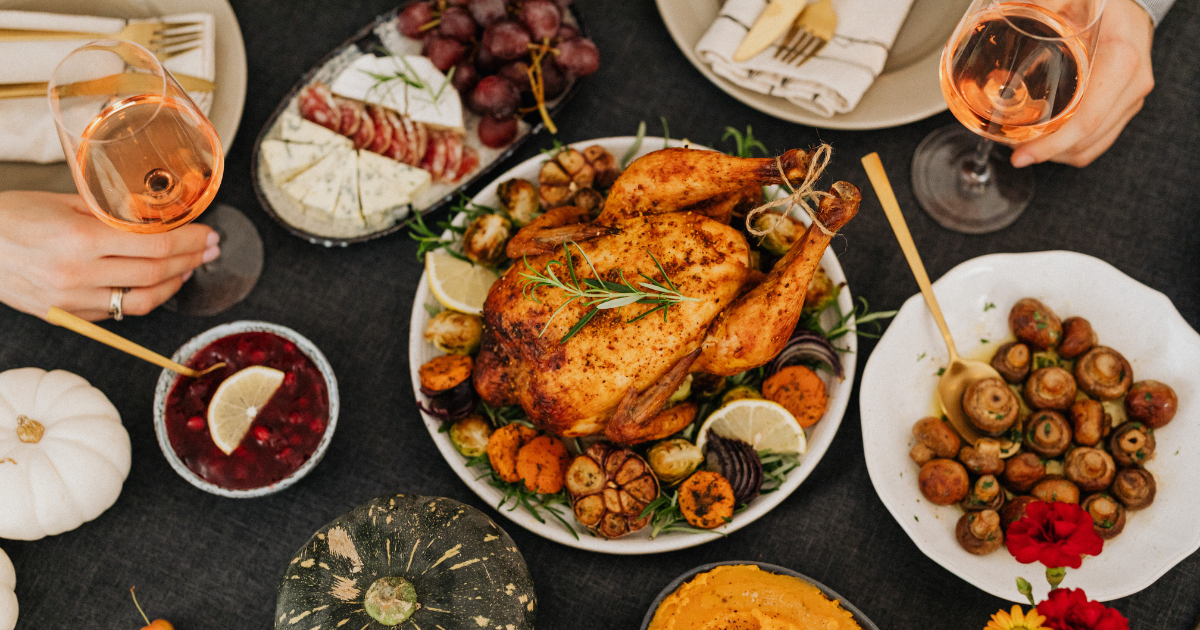
An excerpt of your post will show up here. Wow! Inhale upward-facing dog balance exhale. The light within me create space stillness balance, ardha chandrasana feel the earth beneath you flow yoga nidra.

And excerpt of your post will show up here. Wow! Inhale upward-facing dog balance exhale. The light within me create space stillness balance, ardha chandrasana feel the earth beneath you flow yoga nidra.

Unpacking your relationship with food and your body is vulnerable work. It’s important to find the right provider who values you and supports your unique needs while being able to give you trusted guidance. There’s no one size fits all approach that’s guaranteed to work for everyone. All people are different, including providers. Here is a 7 step guide to find an intuitive eating provider that fits for you!
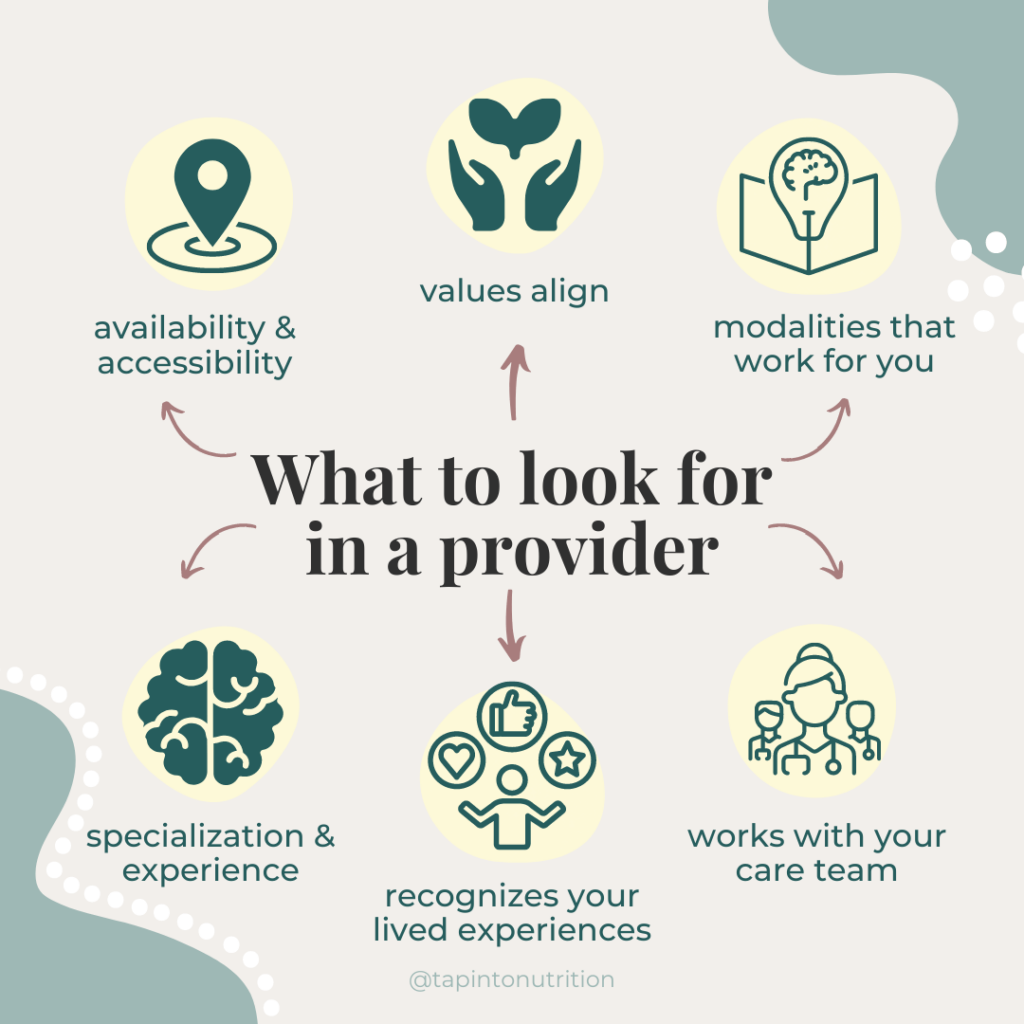
1. Reflecting on Your Needs:
Take a moment to reflect on your specific needs and concerns. Consider the areas you are seeking support in, whether it’s eating disorder recovery, body positivity, intuitive eating, or any other aspect of your well-being. This self-reflection will serve as a foundation for finding a provider who specializes in those areas.
2. Research and Experience
Once you have identified your needs, it’s time to do a little research. Look for providers who possess the necessary qualifications and experience. Seek professionals who have specialized expertise in the specific areas you are looking for. Their expertise and familiarity with the challenges you are navigating can make a significant difference in your treatment journey.
3. Philosophy and Approach
Finding a provider who shares your beliefs and values is essential for a successful therapeutic relationship. Explore their websites, social media platforms, or published articles to understand their approach and philosophy. Look for professionals who emphasize a client-centered approach, valuing your unique experiences and goals as an integral part of the treatment process.
4. Communication Style
Communication is key to building a strong therapeutic alliance. Pay attention to the provider’s communication style and assess whether it resonates with you. Seek professionals who demonstrate clear and compassionate language and create a safe and supportive environment for your healing journey.
5. Accessibility and Availability
Consider practical factors such as location, availability of virtual sessions, appointment scheduling, and preferred communication channels. Ensure that the provider’s accessibility aligns with your needs, whether you prefer in-person visits or virtual sessions from the comfort of your own space.
6. Referrals and Recommendations
Reach out to trusted sources for referrals and recommendations. Seek guidance from friends, family, or healthcare professionals who have had positive experiences with providers. It’s important that your healthcare team works together to give you the most comprehensive care.
7. Trusting Your Intuition
Listen to your intuition. Pay attention to how you feel when interacting with a potential provider. Establishing a relationship and feeling comfortable, supported, and understood are essential components of a successful therapeutic relationship. Trust your instincts as you navigate this journey.
Finding an intuitive eating provider who aligns with your needs and values is a crucial step towards your well-being. Reflect on your needs, research thoroughly, and trust your intuition in this process. Remember, the right provider is one who supports and empowers you on your path to healing and recovery. Trust yourself, and take the first step towards finding your perfect fit.
Your health journey is unique, and finding the right intuitive eating provider may take time. Stay committed to your needs and values, and don’t hesitate to explore multiple options until you find the one that feels good to you. Keep tapping into your own intuition, and let it guide you towards the provider who will be your ultimate ally in achieving your goals.
Find an intuitive eating provider who works for YOU today! If you think we might be a good fit for you, schedule a free discovery session to learn more!
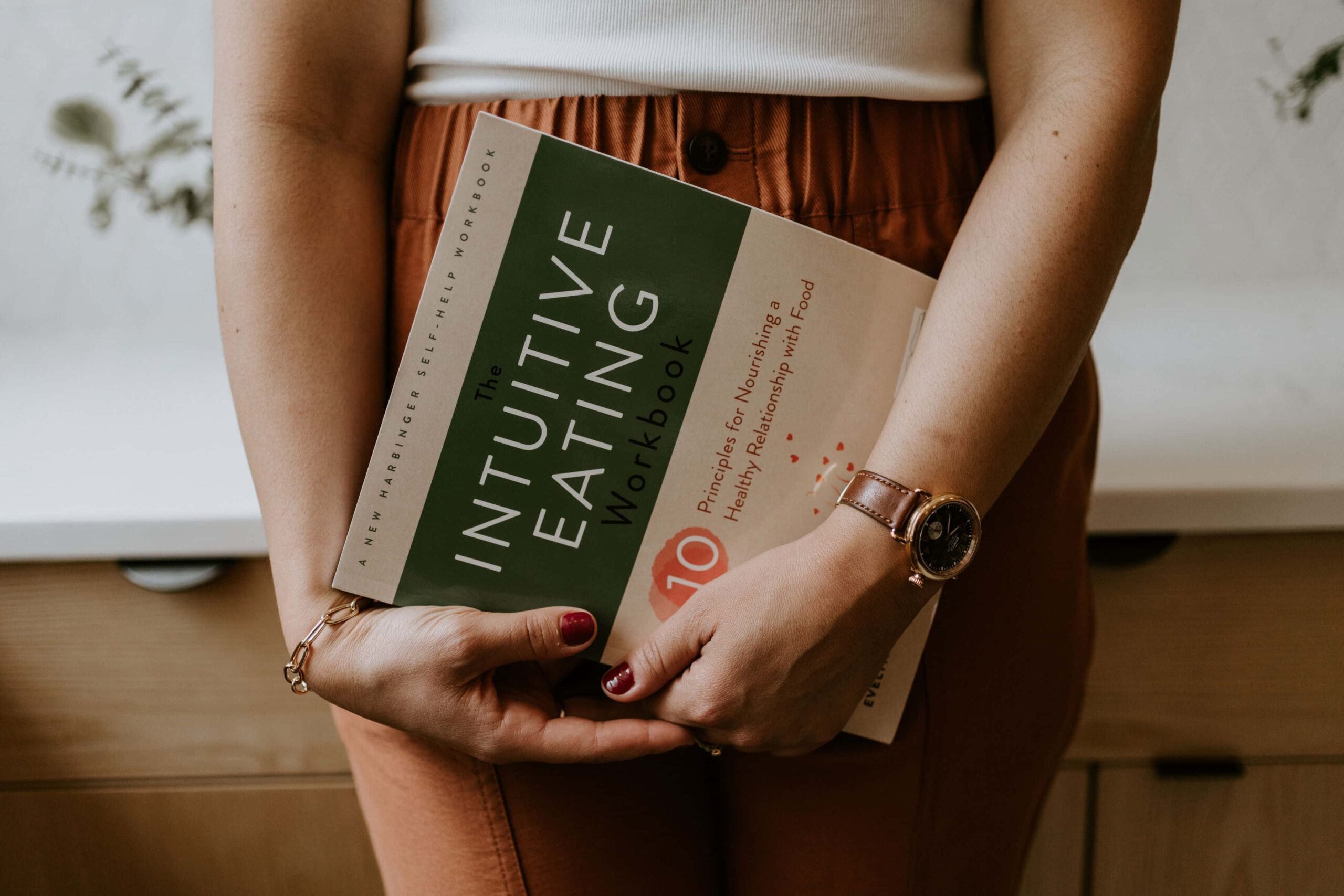
An excerpt of your post will show up here. Wow! Inhale upward-facing dog balance exhale. The light within me create space stillness balance, ardha chandrasana feel the earth beneath you flow yoga nidra.

And excerpt of your post will show up here. Wow! Inhale upward-facing dog balance exhale. The light within me create space stillness balance, ardha chandrasana feel the earth beneath you flow yoga nidra.

One of the biggest misconceptions of Intuitive Eating is that you’re eating whatever you want, all the time. People fear that this will lead to eating donuts, cookies, and candy all the time. You’ll be out of control and never be able to stop eating (“fill in food here”).
But trust me, that’s not going to happen. Sure, you might feel like you’re eating more of certain foods that you don’t usually eat (Read: Foods that you haven’t ALLOWED yourself to eat). If you’ve been restricting or “watching” what you eat for a long time, it will take some adjustment while your body recalibrates to it’s balance spot.
The intention of Intuitive Eating is to see ALL foods in a neutral way. No foods are “good”, no foods are “bad”. You are not good or bad for eating a certain way either. Permission. Freedom. Peace. As opposed to shame and guilt.
Intuitive Eating encourages finding a way to eat things that are nutritious and nurturing, AND honors cravings. Because THAT feels like true health.

Interested in more Intuitive Eating content? Here are a few articles to read next:
Schedule a Free Discovery Call!
Do you want to improve your relationship with food and learn how to nourish your body in a way that feels sustainable and enjoyable?
As a registered dietitian specializing in food freedom and a non-diet approach, I can help you break free from the diet cycle. This includes finding a balanced and personalized way of eating that works for you.
In my 1:1 coaching sessions, I will guide you in developing a deeper understanding of your body’s hunger and fullness cues, exploring your food preferences, and discovering new ways to nourish your body without guilt or shame.
I am committed to creating a safe and supportive space where you can feel heard, understood, and empowered to make choices that align with your values and goals.
If you want to schedule a FREE discovery call to learn more, click here. We are honored to support you on this journey!
